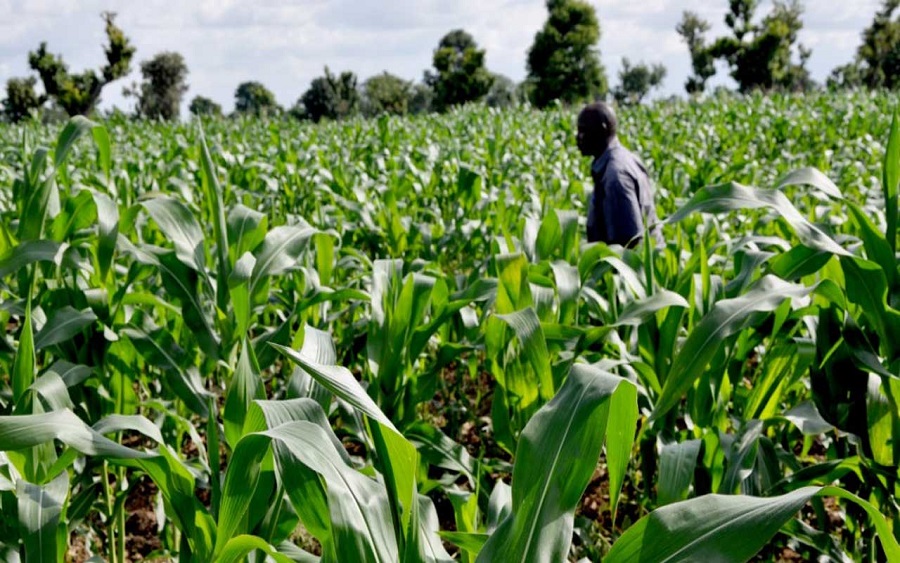The CBN has launched the P-ADDS initiative aimed at engaging 370,000 youths in agricultural production.

The Central Bank of Nigeria, in line with its development mandate, has recently unveiled the Private Sector-led Accelerated Agriculture Development Scheme (P-ADDS) to complement the Accelerated Agriculture Development Scheme (ADDS), which is aimed at engaging 370,000 youths in agricultural production.
This is according to a recent notice by the CBN.
The P-ADDS is designed to complement ADDS by exploring private sector partnership to facilitate more rapid land clearing for production of key agricultural commodities.
What you should know
- The broad objective of P-AADS is to facilitate increased private sector agricultural production of staple foods and industrial raw materials, as well as support food security, job creation, and economic diversification.
- P-AADS shall be funded from the Anchor Borrowers’ Programme (ABP).
- The maximum loan accessible under the Scheme shall be N2 billion per obligor. The facility shall be repaid from the Economics of Production (EOP), for cultivating on the cleared farmland.
- Interest rate under the intervention shall be 5.0% p.a. (all inclusive) up to 28th February 2021. Interest on the facility from 1st March 2021 shall be 9% p.a. (all inclusive)
- The loan tenor for annual crops is set at a maximum of six years with six months moratorium, while that of perennial crops are ten years with one year moratorium.
- Repayment of the facility shall be made on instalment basis through the participating banks, which in turn remit payments to the CBN on quarterly or annual basis depending on the commodity.
- The collateral to be pledged by participants under the Scheme shall be title of the cleared land and other acceptable collateral prescribed under the ABP. CBN shall bear 50% of the credit risk in the event of default by the participant.
- For the flag off, thirteen agricultural commodities are eligible for consideration under the scheme, and they include rice, maize, cassava, cotton, wheat, tomato, poultry, fish, sorghum, oil palm, cocoa, livestock/diary, and any other commodities, as may be listed by the CBN from time to time.
Eligibility criteria
- Be existing or new firms engaged in agricultural production with proven capacity and bankable proposal.
- Possess acceptable title for contiguous lands of not less than 20 hectares.
- Have good credit record.
- Be able to provide the required collateral for participation.
- Provide evidence of capacity to cultivate a focal commodity directly or engagement of farmers, including youths as in-growers or out-growers to cultivate on the land after clearing.
Why it matters
With the annual population growth rate of about 3%, recent empirical findings revealed that Nigeria’s population pyramid is bulging around the youth segment, with an estimated 75 per cent of the population identified to be aged below 35 years.
A large segment of this population can become meaningfully employed and make a living from agriculture, if opportunities in the sector is well harnessed, given its potential of employing over 70% of the nation’s workforce.
Chidi Emenike




No comments :
Post a Comment